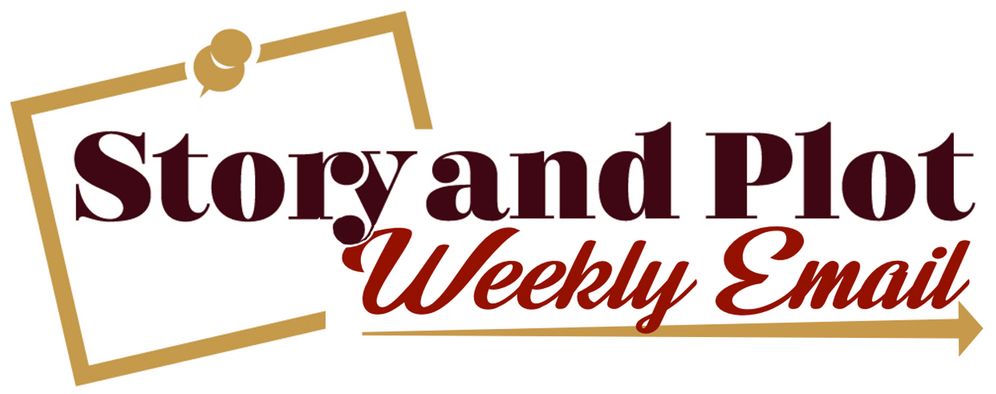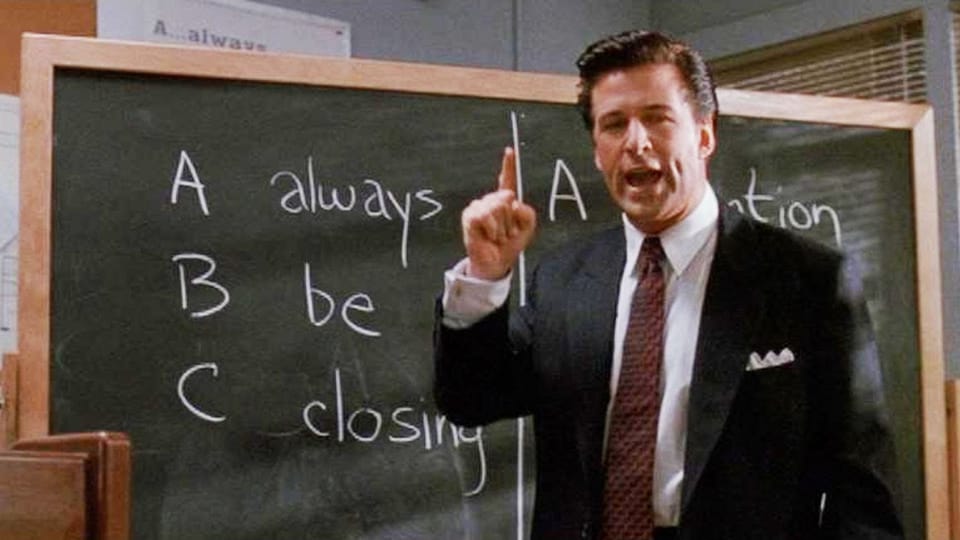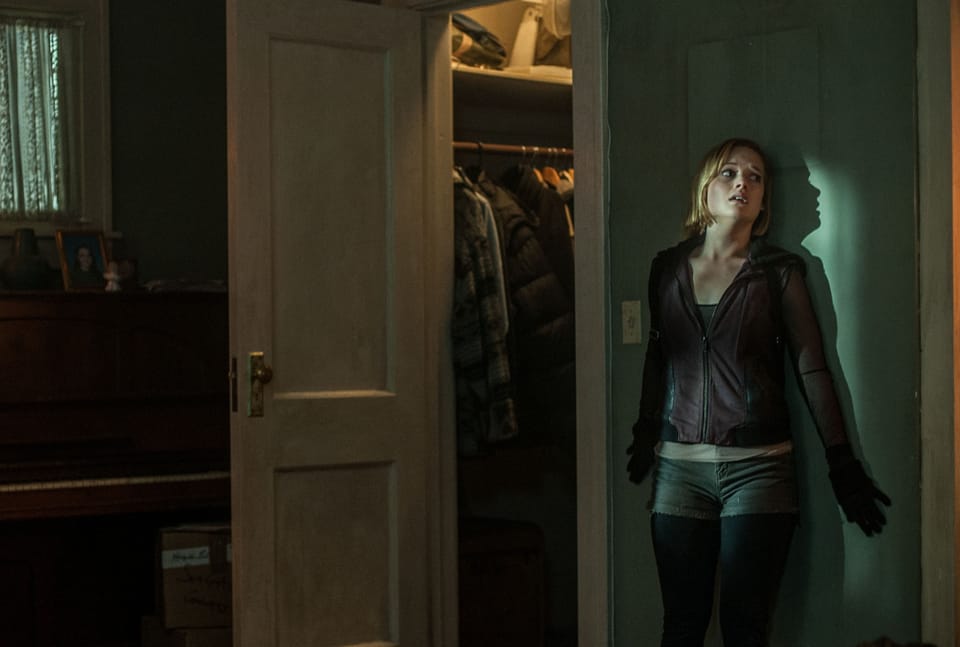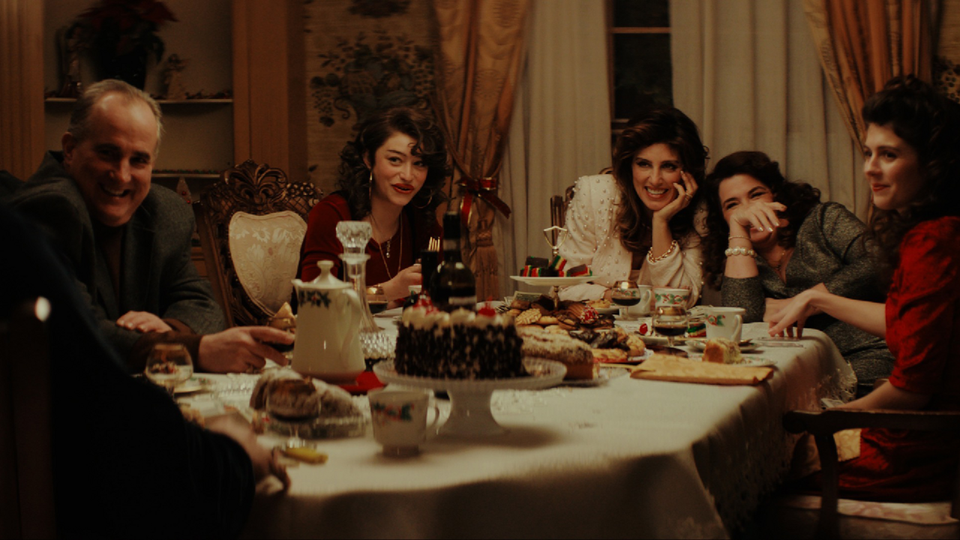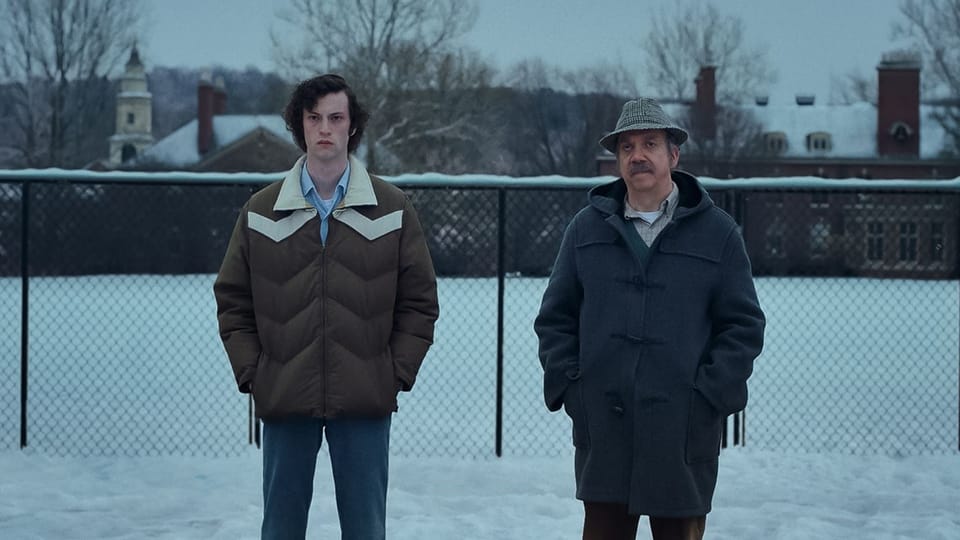Five types of directors attached to your screenplay.
Not all directors are created equal. While it's always great to hear kind things about our work, always know exactly how and why someone moves your project further toward production.
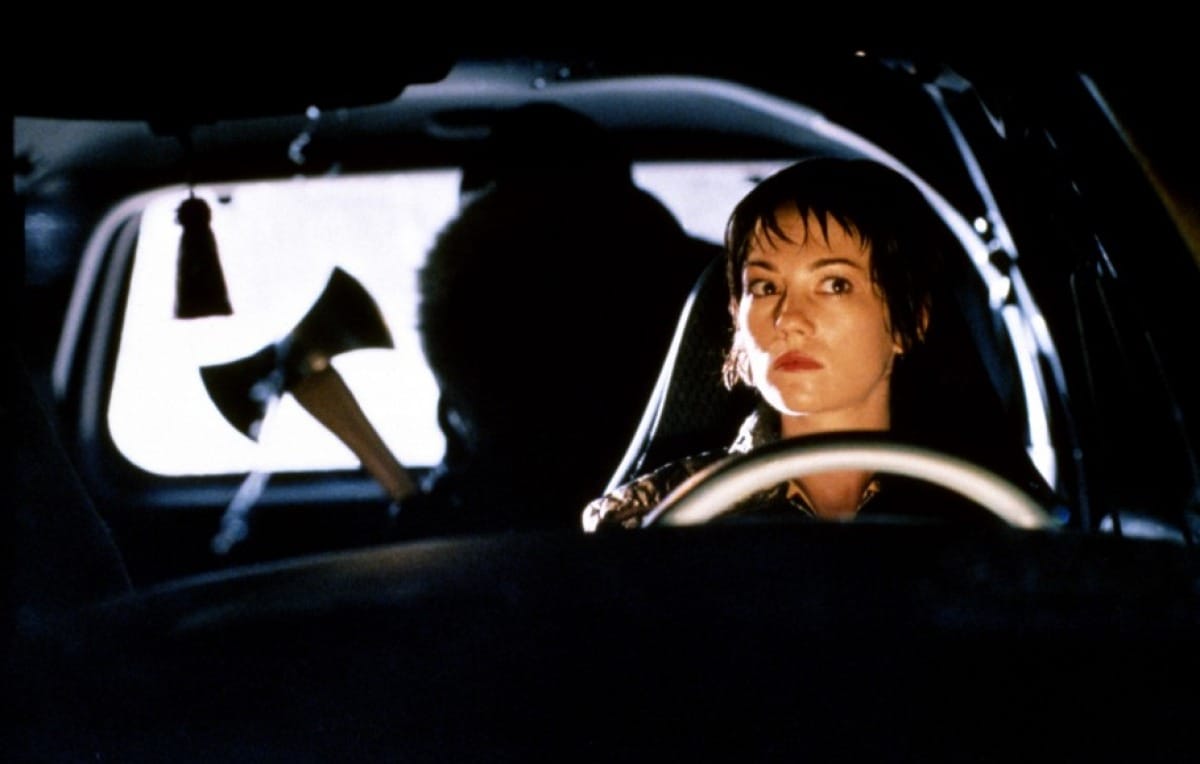
The Story and Plot Weekly Email is published every Tuesday morning. Don't miss another one.
Not all directors are created equal.
While I root for the forward progress of any project, I've had friends share that a director is attached to their project, and I would wonder, “Does that director even help?”
So, this is my breakdown of directors and how to see them in relation to getting a movie made. I have three projects with directors currently attached, and they cover three of the categories. I have had experience with all five throughout my career.
This list does not address the creative relationship or the quality of the director. That is a whole other discussion.
These are my terms, as are their meanings.
The green light director.
This director gets the movie made. They are busy and in demand. They are fielding offers from studios on other projects, and for whatever reason, they want to make yours instead.
They have a powerful agency at their disposal and A-list stars in the contact list. As long as they want to make the movie, it will be made.
MOST WANTED has a green light director, and the plan is to shoot in the fall as the director’s next project.
This is fantastic news for MOST WANTED. But what the green light director giveth, the green light director taketh away.
If they change their mind on a whim, you’re back to square one.
They also have all the power on the creative side. They are the reason the movie is getting made, so who is going to say no to them?
If you get the wrong personality in this kind of power position, it’s a nightmare. (MOST WANTED has been nothing but a joy so far.)
I don't think of them as A-List directors because this status is dictated by budget. That is, unlike A-list directors (Spielberg, Nolan, Bay, etc...) if the budget gets too big, a green light director becomes a package director.
What's a package director?
The package director.
This director fills the slot. The first question anyone asks on a project is, “Who’s directing?”
This is whether they are studios, foreign sales, other money people, agents, or whatever.
“Who’s directing?”
Now you have an answer. This person is.
And the whole point is for people to be satisfied with that answer. This director doesn’t get the movie made by themself, but they add value.
If the person asking hears the name and their response is, “Who’s that?” you’re in trouble.
If you then say, “They directed this and this and this,” and the response is still a blank stare? That director is not adding value to the project, and they should be in a different category.
This kind of director needs a full package to get a film made. People are willing to make the movie with them, but they need actors. But those actors’ involvement is dependent on the director. Because an actor’s first question is…
“Who’s directing?”
Remove money as a factor and name actors will jump on board for three reasons:
- They want to work with that director.
- They like the script, and the director is acceptable to them.
- They love the script and have director approval.
THE GOOD TEACHER has a director attached who is a friend, and we’ve wanted to work on something for years.
That said, it’s been a while since he made a movie and 20 years since he made a studio movie! That is forever in this business.
So, we are hoping to package the film under #2 above.
But we don’t know that for sure yet. We are betting that when they remember his past work and sit for a meeting, we're going to be fine.
The director-writer partnership.
This is a director who is at the same stage of their career as you. The usual scenario is that you’re both looking to make your first feature or, in some way, take a step UP.
They could be someone at the start of their career, or maybe a TV director — either series of TV movies — and they want to break into features using your script.
But now you’re in this together. Perhaps you’re even co-writing.
This scenario usually makes the most sense for something small, maybe even a micro-budget film.
You need each other. You both get something out of this and hopefully, it's a beautiful relationship.
But the pressure of the ups and downs put a lot of stress on the partnership. It is a definite challenge.
But if it works, it can be the most rewarding as well.
Director-for-hire.
This is a hire for a financed film. The money is ready to go. The financiers are motivated to make the movie, and they need a director to direct it. This is often a genre film, a focused-market film (family and faith, for example), or a TV movie.
They want to get the best director they can, obviously, but they’re going to make this movie with somebody.
But here is a little secret about directors: They want to work, too, and very few of them are green light directors.
So they will say what they need to say to get the job.
As most people do in job interviews.
But this is also why a director-for-hire causes the most trouble. It’s not their project.
They haven’t been present in early drafts to nurture and develop the screenplay.
They may not even like the current script that much! They said they did, of course, because they wanted the job.
But now they need to make this movie their own.
While this is understandable, many directors can struggle trying to make a project more their style while keeping the project they were hired to direct intact.
Not everybody has the personality or the skillset to adjust to this.
DADDY’S GIRL has a director-for-hire attached. I am off the project now, but he is kind enough to email and keep me up to date on it.
He is the fourth director onboard this project!
Two of the directors wanted to keep the screenplay largely as is. He is one of them.
The other two wanted to rewrite the script themselves. One of those was a legend, so I was okay with that. The other parted ways from the project with the financiers because he wanted to change the screenplay too much.
Everyone is juggling this stuff, trying to get it all to work out.
The dead weight director.
No one chooses to attach a dead weight director. You discover you have a dead weight director. You thought they added value, but they don’t.
No one is excited to work with them, no one wants to invest in them, and they don’t want to make the effort to find those people either.
Not only are they dead weight, they take up the spot from someone who could do all these things.
They're kind of squatting on your project in a way.
As soon as you realize you have a dead weight director attached to your project, do everything you can to get rid of them.
If you’re contractually obligated to them, wait them out if you have to. Your project isn’t likely going anywhere until you do.
Everyone's status shifts.
Keep in mind that there are plenty of positions that flow between each of these groups. Sometimes, they just outright move from one to the other. This isn’t meant to be concrete but a guideline.
Be careful who you get into business with early in your career (it's true later in your career as well, but at least you're getting paid.)
It’s always fun to have someone like our work. I joke about producers and how the smartest ones always seem to be the ones who like my scripts.
But know exactly how and why someone moves your project further towards production.
If it’s not perfectly clear, it's time to be cautious.
That's a wrap!
Thanks again for being a subscriber. I'm so grateful I get to do this.
Cheers!
Tom
The Story and Plot Weekly Email is published every Tuesday morning. Don't miss another one.
When you're ready, these are ways I can help you:
WORK WITH ME 1:1
1-on-1 Coaching | Screenplay Consultation
TAKE A COURSE
Mastering Structure | Idea To Outline
